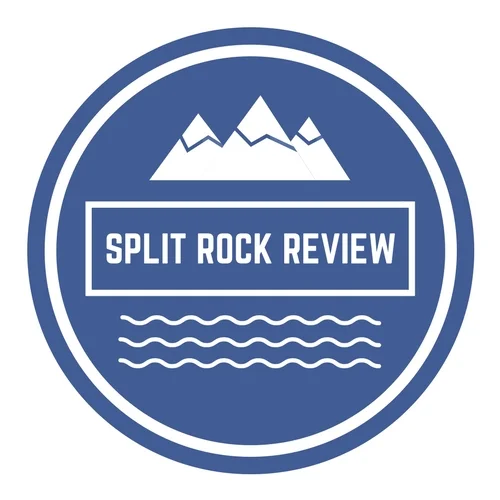For reasons that are not entirely clear to me—they should be, shouldn’t they?—I’ve long been absorbed in writing about place. I compiled an anthology in which I reprinted writing about place by essayists, memoirists, and nature writers and asked each of them to comment on what drew them to write those works. My own writing often centers on place, usually places that other writers have already written about in nonfiction. I’ve lost track of the number of times I’ve reread Walden but each time I do I dog-ear more pages, finding something new each time. Of course, I’ve also written about Walden Pond.
I’ve written about place often. I once wrote short weekly audio essays for public radio in central Michigan and in many of them I simply went off on a walk somewhere and reacted to whatever I encountered. I once headed off for woodland my university preserved, stopped in a local restaurant on the way, and was so taken with the restaurant that I wrote a script about it. I continued on to the woodland, strolled frantically around it searching for a script, and just as I gave up found a sign I’d overlooked telling hikers to walk slowly and look carefully. So I found a place to sit down and ended up with a second script on the same day. The trick is to pay attention wherever you are and then figure out why what you’ve seen sticks in your memory.
After decades in Great Lakes states, I felt a gnawing sense of dislocation when my wife and I moved to Colorado. I had to go out into the Front Range to find a way to connect to where I was. It took a while but it worked. Then we moved to Wisconsin, back to a Great Lake state. Initially I wasn’t much interested in being on what I thought was familiar ground, until I began to realize it wasn’t familiar ground at all and set out to find a way to live in the place we’d settled rather than simply on it. That led me to write Walking Home Ground, my most recent book, and to feel myself solidly connected to where I live.
“Time and Terrain” grows out of that pursuit. At some point I learned that I was living close to a site where I might find outcroppings of the Niagara Escarpment, the geological formation that underlies not only Niagara Falls but also the town to the east of it where I was born in western New York. I realized that my beginning and likely ending were at opposite ends of the Niagara Escarpment and began to visit escarpment sites in Wisconsin, like the prominent one at High Cliff State Park where this essay is set. For five years now I’ve visited sites in three states and one province. This essay is a start on understanding how I feel about doing that and why I need to.




